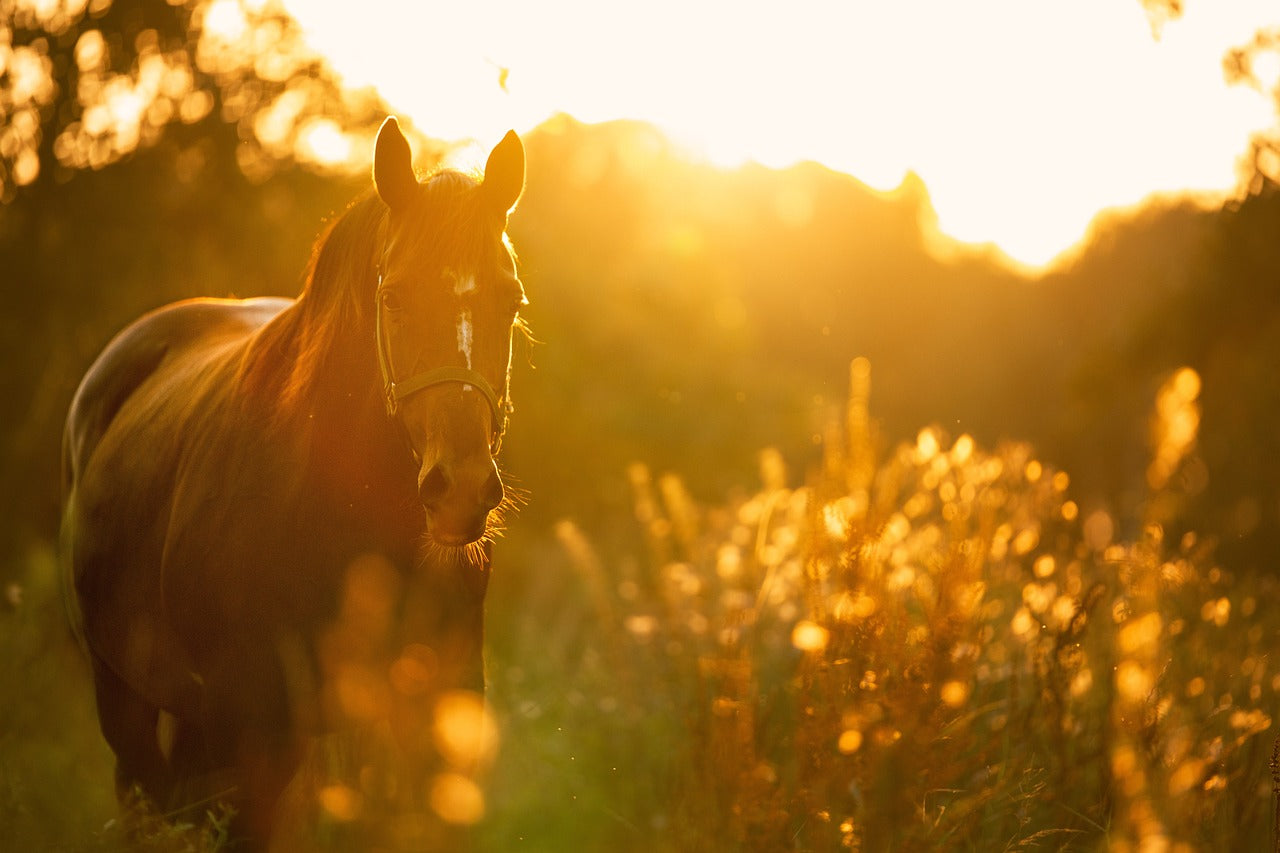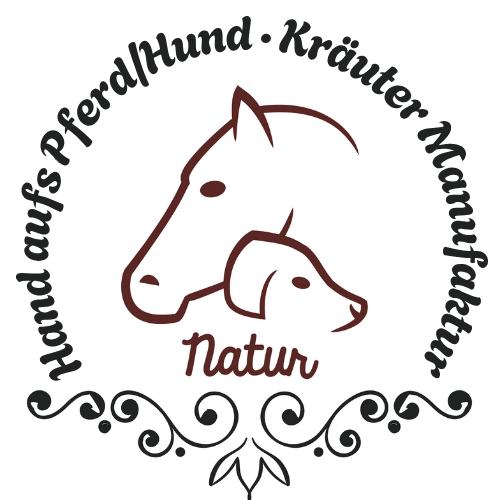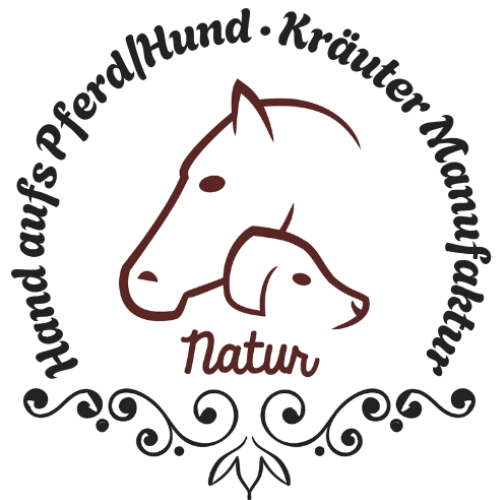
Pasture season for horses – well prepared for the paddock season
Pasture season for horses – well prepared for the paddock season
Healthy and cheerful on green meadows
The days are getting longer, temperatures are rising, and nature is blooming in lush greenery—a sure sign that the grazing season has begun again for our horses. This is a true culinary delight for horses, and the transition from stable to pasture brings many benefits, but it also requires careful planning and management to ensure our horses make the transition healthily and without complications. In this blog post, we'll take a look at the best practices for starting the grazing season. We'll also explore which herbs can help regulate horses' food intake while grazing.
The benefits of the grazing season – Outdoor happiness for horses
After months of confinement and limited exercise, our horses finally have the opportunity to move freely and enjoy fresh grass. This has a positive effect on their physical and mental well-being:
- Exercise and social interaction : Pasture allows for greater freedom of movement and social interaction with other horses, which can reduce stress and improve behavior.
- Natural nutrition : The fresh grass is rich in nutrients and supports a healthy Digestion.
- Sunlight : The sun provides vitamin D, which is important for strong bones and a healthy immune system.
What to look for when Grazing should pay attention
The transition from winter feeding to fresh grass should be gradual:
- Gradual grazing : Start with short grazing periods and gradually increase them to prevent digestive problems.
- Pay attention to the grass quality : The young spring grass is rich in energy and fructans, which in some horses can Laminitis Adjust grazing times accordingly.
- Health checks : Take advantage of the change to a routine check of your horse’s health, including vaccinations, Parasite control and dental examination.
- Balanced diet: Make sure your horse continues to receive a balanced diet to avoid obesity and nutritional deficiencies.
Pasture management
A well-managed pasture is the basis for a successful grazing season:
- Pasture rotation : By rotating different pastures, the grass is protected from overgrazing and is given time to regrow.
- Soil care : Make sure that pastures are well-drained and do not contain any dangerous objects or poisonous plants.
- Grass maintenance : Mowing and, if necessary, fertilizing the pasture can contribute to the quality and density of the grass.
Take health precautions
Responsible horse owners should be prepared for the grazing season:
- Parasite control : Warmer weather also brings with it parasites like worms. Timely deworming or control is especially important now.
- Check vaccination status : Make sure your horse's vaccination status is up to date, as shared grazing time increases the risk of infection.
- Hoof care : Regular checks by a farrier are important to keep the hooves in shape.
Regulate horses’ food intake during the grazing season
Grazing not only represents a change in diet, but also affects the horse's digestive processes. Young, fast-growing grass is rich in energy and protein, but also in easily digestible carbohydrates, which can lead to digestive overload. To support a smooth transition to grazing, certain herbs can be added to the diet to regulate and optimize digestion.
Our Stomach & Intestine Herbs Sunrise during the grazing season
Source: martina Hemm March 2025

